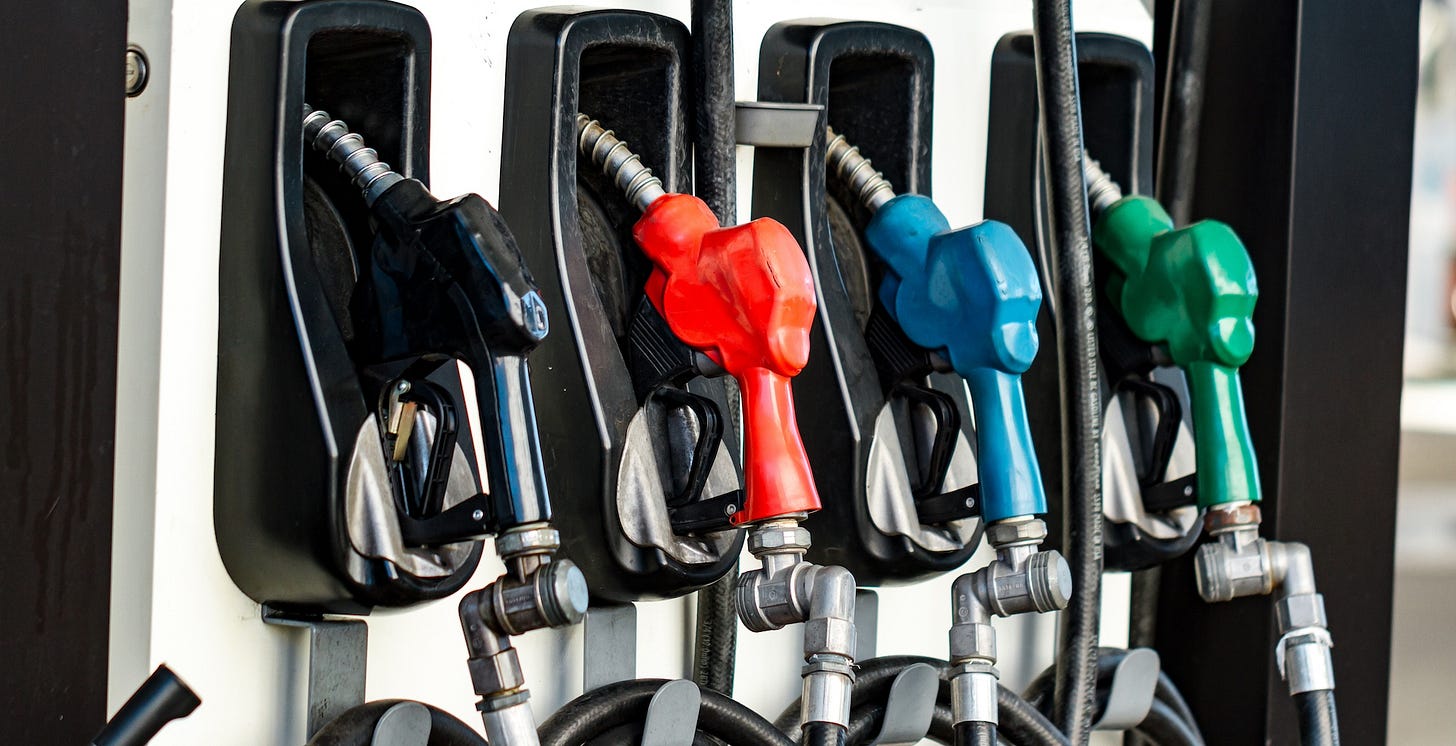CARB, gas price battle ramps up
Pressure mounts as the California Air Resources Board to vote on new policy amid concerns over a significant increase to gas prices and lack of transparency
Keep reading with a 7-day free trial
Subscribe to North County Pipeline to keep reading this post and get 7 days of free access to the full post archives.





